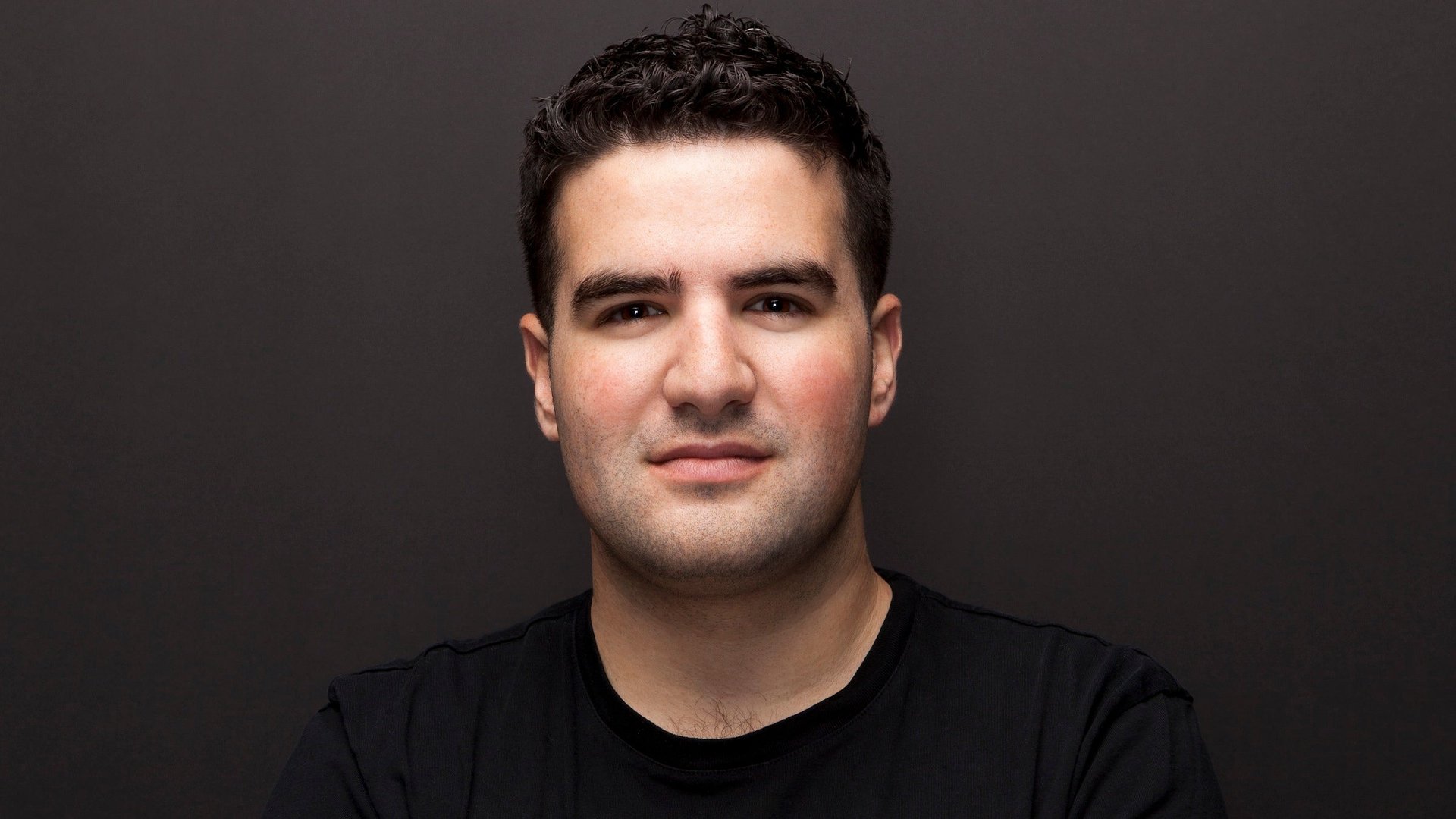How Quirky’s Ben Kaufman knew you’d want to connect your air conditioner to the internet
A New York startup wants to fill your home with internet-connected “smart” devices—and it just might.


A New York startup wants to fill your home with internet-connected “smart” devices—and it just might.
Founded in 2009, Quirky is a website that lets users submit ideas for new inventions. The crowd votes, and the top-voted products get made and put on sale. Users are involved throughout the process. Quirky lends its team of designers, engineers, and marketers to the effort, but in most cases, the majority rules.
In 2013, Quirky announced a partnership with General Electric that it hoped would produce a new generation of “smart” internet-enabled devices—ones that can be controlled remotely and can learn and adapt to your habits. The Quirky/GE partnership quickly began populating the so-called “internet of things” with fun gadgets, but broke new ground this week with Aros, an internet-connected air conditioner that promises to be sleeker and more efficient—and, at $300, not much pricier—than a “dumb” A/C unit.
Ben Kaufman founded Quirky at the age of 21 after selling his first company, Mophie, which makes a range of popular accessories for smartphones and tablets. We talked to him how he’s moving Quirky from rubber bands and egg trays to appliances you won’t want to live without.
Quartz: What was your vision in founding Quirky, and how has it evolved in the past five years?
Kaufman: It was born out of Mophie, because Mophie was born out of my own idea for an invention. I realized how hard it is to commercialize an idea. It made me want to build a platform that would help the best idea actually make it. You don’t have to worry about the mechanics of building something—you just need a great idea. And we’ve seen the products and inventions become more and more complex. We want to make sure that if someone has a great idea, nothing will stand in their way. And we’re getting there.
Quartz: What kind of products do you end up making when the crowd is in charge?
Kaufman: The product I hate the most is actually my favorite, too, because it really represents what we’re about. I’m very public in saying that I think the Bandit—it’s a rubber band with a hook on it—is a ridiculous product. I have no idea why people buy it; I think it’s so stupid. But I was overruled by the community, and you know what? We’ve sold 10 million of them. They’re sold in over 45,000 retail stores. It’s so representative, because there’s no one at Quirky saying “we’re too precious to make a simple, utilitarian product like that.”

Quartz: What did you hope to gain from partnering with a company as big as GE?
Kaufman: We have a lot of similarities, really. We’re both deeply grounded in invention—in creating things that don’t exist anywhere else. GE was really the first company to commercialize invention. On the other hand, they operate on a much larger scale than we do. It’s kind of like being partnered with a grown-up version of yourself. Or what you hope you’ll be like when you grow up, anyway. We’ve been together for a year now, but Aros is really the first representative product of what our partnership will bring.
Like all Quirky inventions, a smart air conditioner was just a good idea that proved to be a great one. It was submitted by a former employee of the Department of Energy who had a brilliant idea for a predictive air conditioner: one that could be understanding of your habits, and help you conserve.

And it’s accessible. You’re paying around a $70 premium, if you compare this to similar air conditioners. But connected devices tend to be very expensive, and our mission is to bring them to a price point where they’re available to the mass market. The internet of things is something people like you and I enjoy talking about, and it’s fun for early adopters right now, but not middle America. But we think we can bring high design down to the right price point for everyone.
Quartz: So why is Quirky the right company to bring smart devices to the masses?
Kaufman: We make what people want. We don’t have marketers sitting around trying to decide what people will spend their money on—we just ask. And GE has the scale and authority to get these products out there.
I don’t want to sound like a hypocrite: We did make an $80 egg tray. But that’s the kind of thing we’re moving away from. The step we took with announcing Aros was away from gadgets and doodads. We’re moving from the whimsical into the big, important, and complex. If a device is smart, it shouldn’t be something you have to think about. It should think about you. We’re not talking about a light that turns on and off via your phone. We want to make that light intelligent, so that it understands how you’re using it. So you can think about it less.
This is going to be a big year for us. We’ll be releasing a new product of this profoundness every eight weeks or so until Christmas. Every single one will be something that can truly transform your home.